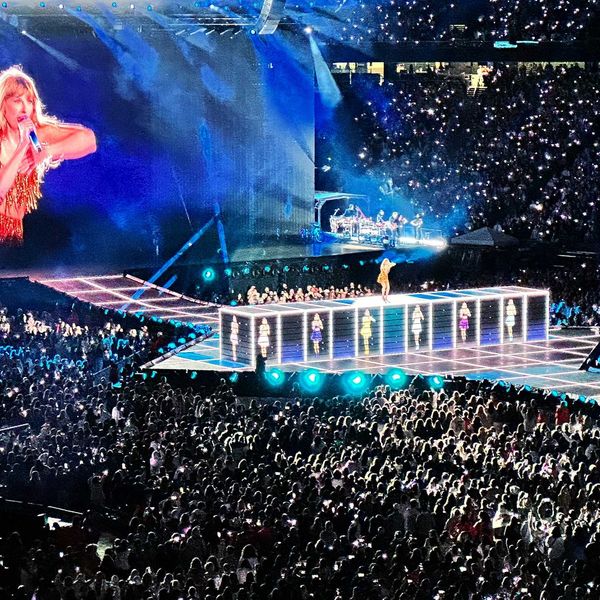
Windows 8 Is on the Horizon but XP Is Still Top OS
A few months ago I lamented the fact that Windows 8 could be just more change for change’s sake. This is something I’ve long ranted about: the business of selling software often means rolling out new versions even if they aren't improvements over the old ones.
Windows Vista looked like change for the sake of change compared to Windows XP, and the result was disastrous. Windows 7 remedied this and there was a massive marketing campaign that followed.
Windows 7 is also available as pretty much the only game in town if you’re buying a new Windows based PC. This should give it dominance but PC sales haven’t been all that strong. However, XP is still in decline.
Windows XP reaches a milestone, but there's a new kid on the block: Windows 7
CNET is reporting from newly released data from NetMarketShare that shows Windows XP has reached a milestone—namely that market share is just 48.03%, and more significantly under 50%. And yet, Windows XP—the 10 year old operating system that debuted in 2001—still leads in market share among computer OS.
Next up is the new kid on the block, Windows 7 with 34.52% of market share, followed by Windows Vista at 8.85%. That latter number makes me wonder why anyone with a Vista machine hasn’t upgraded, until I remember that my laptop has Windows Vista on it. Upgrading is annoying and costly, so it is easier to just ride it out, especially with Windows 8 on the horizon. Still Vista had 17.47% of market share in January 2010, showing that it is the biggest loser in the OS market—while XP had 66.15% at the same time (Source: Statcounter).
For the record, Mac OS X 10.6 actually outpaces Mac OS X 10.7 with 3.62% and 1.83%, respectively, showing that Mac users are also slow to upgrade as well. And while we’re talking numbers Linux comes in at 1.14%, suggesting that open source isn’t quite as open for business as some might have you believe.
Are computer users just not up for the change?
In a way, yes. As I’ve also noted the economy remains bleak, business spending is tight and the truth is that a Windows XP computer can run most of what a business needs. Little software actually demands the update, so users are putting it off. Windows 8, with its touch screen functionality could be a game changer, but that’s still very much “a wait and see” for now.
As for Windows 7 it is unlikely to obtain the market share of Windows XP, but a few things need to be considered too. Windows 95 came out in 1995 (as the name likely suggests), followed by Windows 98 in 1998 (a trend emerges), followed by Windows ME in 2000—the final one being a DOA OS if there ever was one. Then in 2001 Windows XP arrived and it was a game changer of sorts, namely because it was fairly free of issues.
Windows Vista didn’t even arrive until November of 2006, and that was only for business users. It arrived in early 2007 for home users. Thus Windows XP had a solid five years to build up a user base. And because Windows Vista was greeted with lackluster reviews, it basically never caught on. It also required hefty hardware updates—which also explains why Windows XP is still kicking. If the machine works, why replace it? When Windows 7 arrived in 2009 it meant that the Vista era was for all practical purposes over.
And Windows 7 could have—frankly should have had—a good run too. It is a solid OS that takes the best of Windows Vista and builds on Windows XP. But with Windows 8 already announced people will hold off on the upgrade.
The interesting part here is that other upgrades have also hit rough waters. Internet Explorer 8 saw a quick migration when it was released, but Internet Explorer 9 still has just 18.6% of Windows 7 users, but that number is only likely to grow (Source: The NextWeb). While users can hang on to older computers and operating systems, web developers eventually won’t support older browsers. Already this is happening with IE8, forcing people to IE9.
However, IE9 is backwards compatible with IE8 as well as IE7, so that sites should—at least in theory—load properly. If they don’t the browser—as with IE8—has a compatibility mode.
Still using Windows XP? You're not alone
What does all this mean? If you are still using Windows XP you are far from alone. And don't worry if you feel like you're being left behind. While the world continues to move forward despite a bad economy and global uncertainly, it just shows that the world isn’t exactly moving at the same pace.
More articles from AllBusiness.com:



